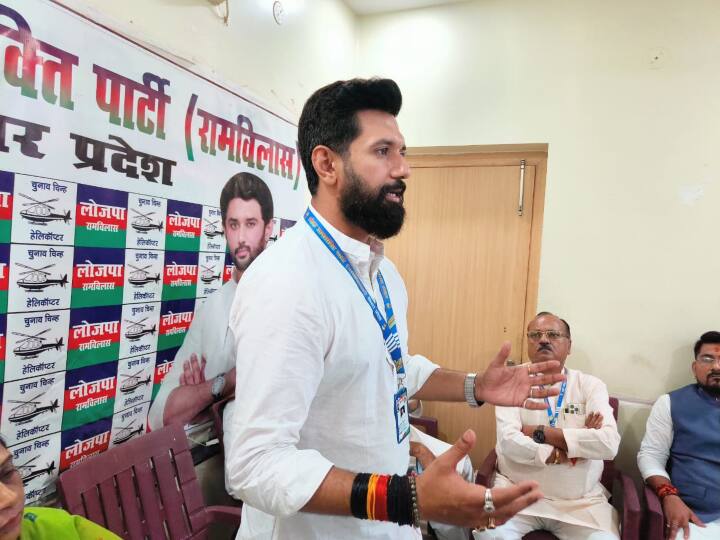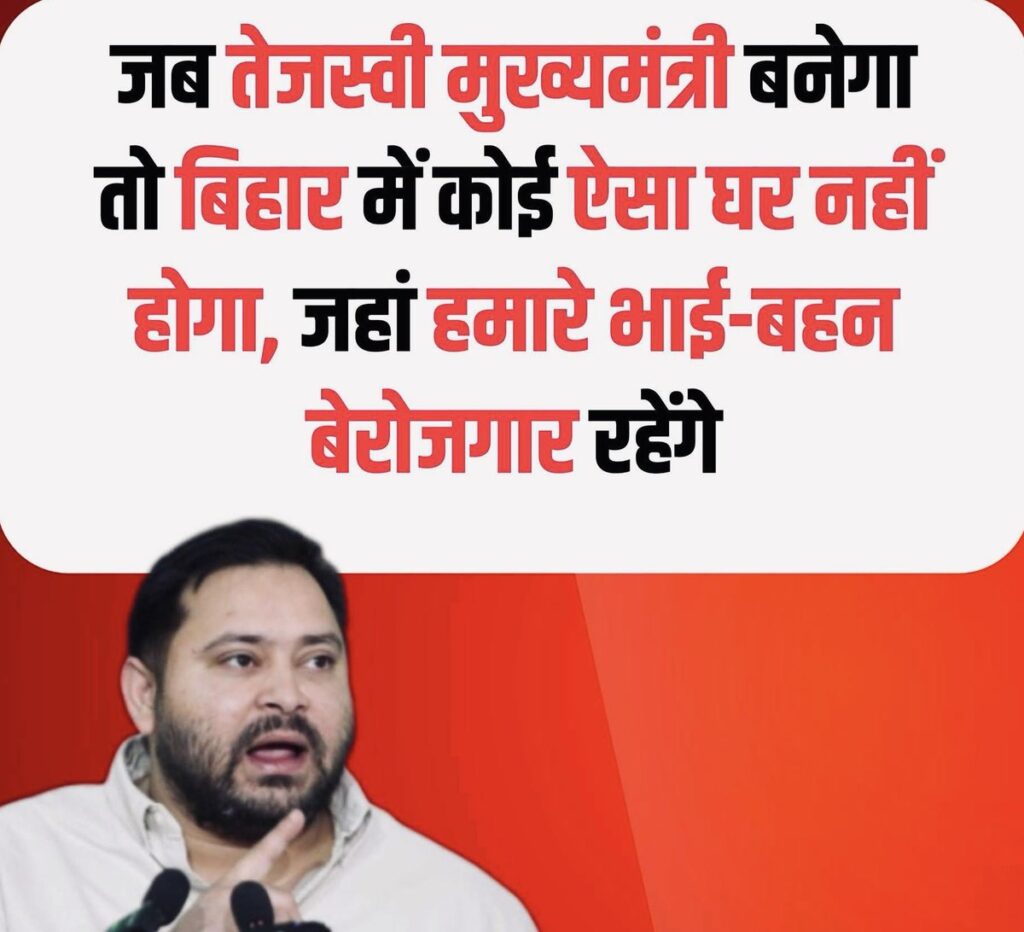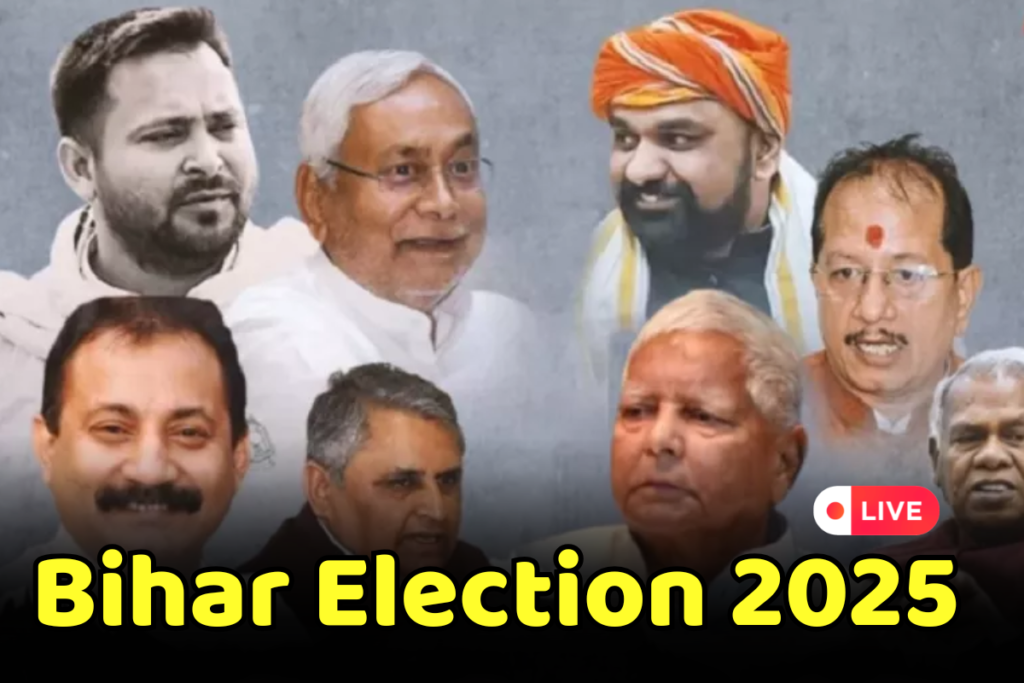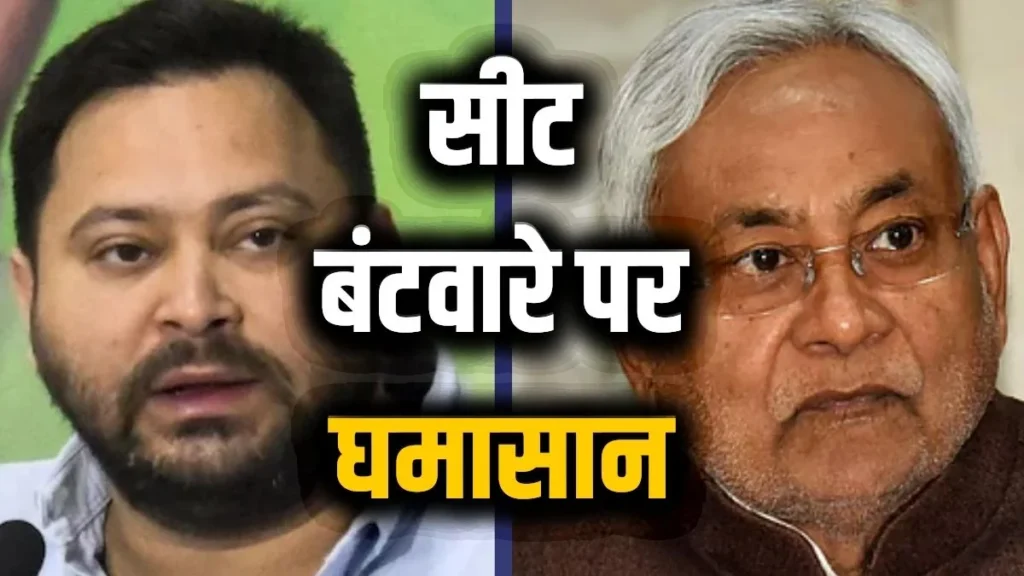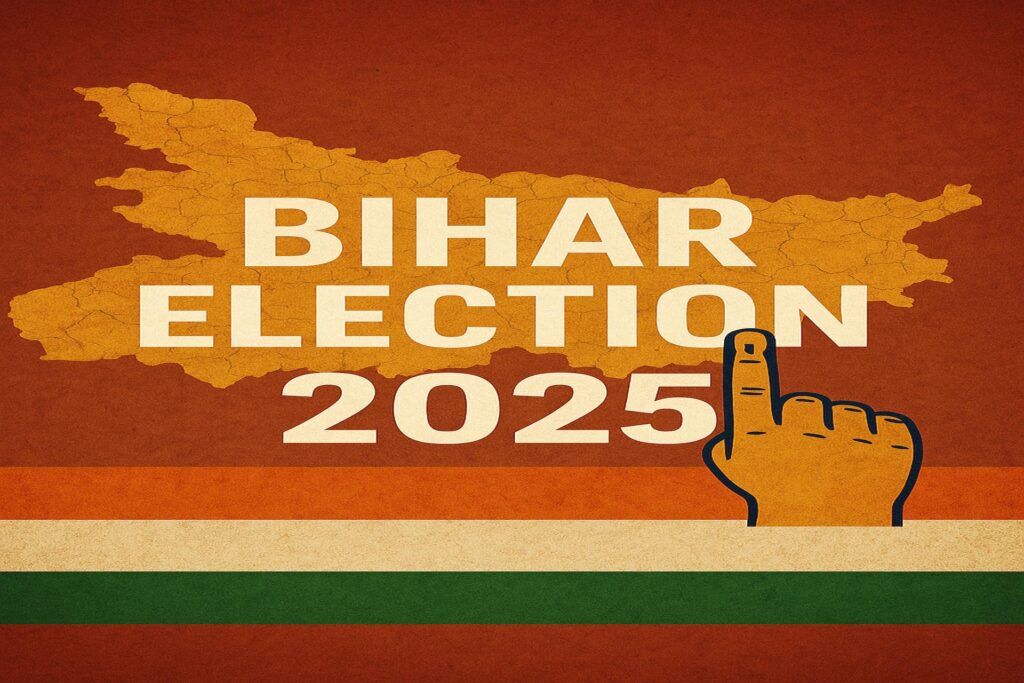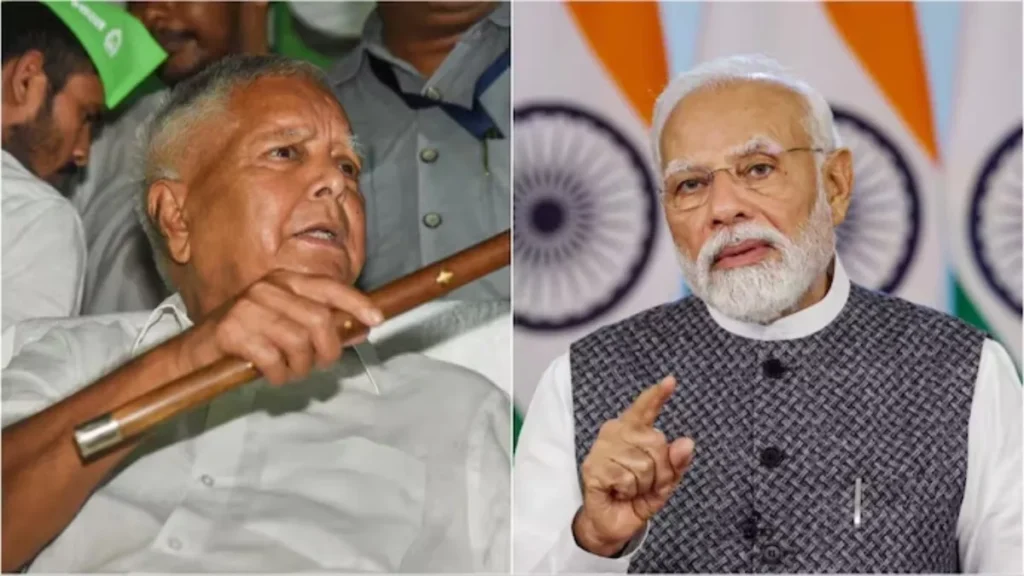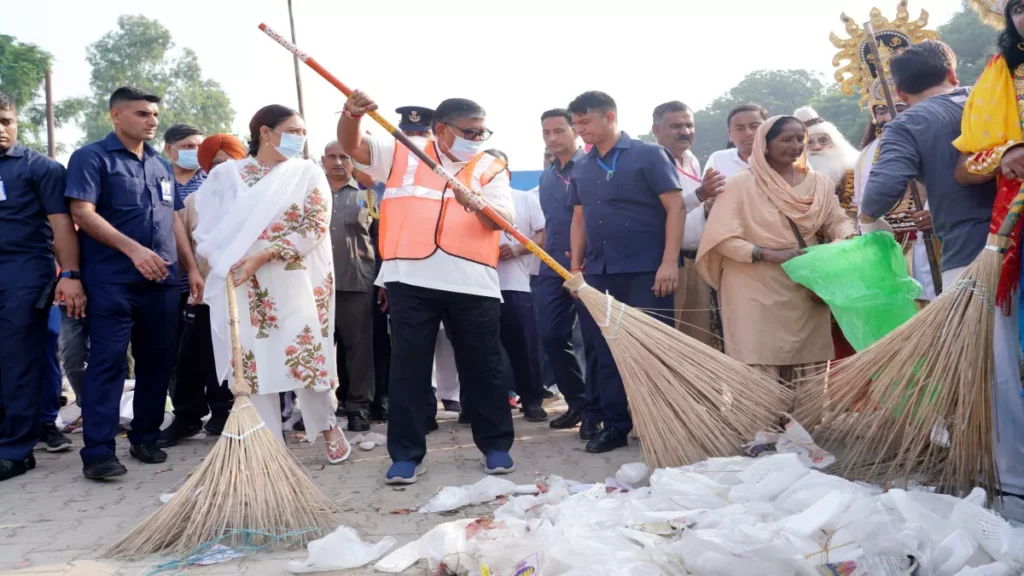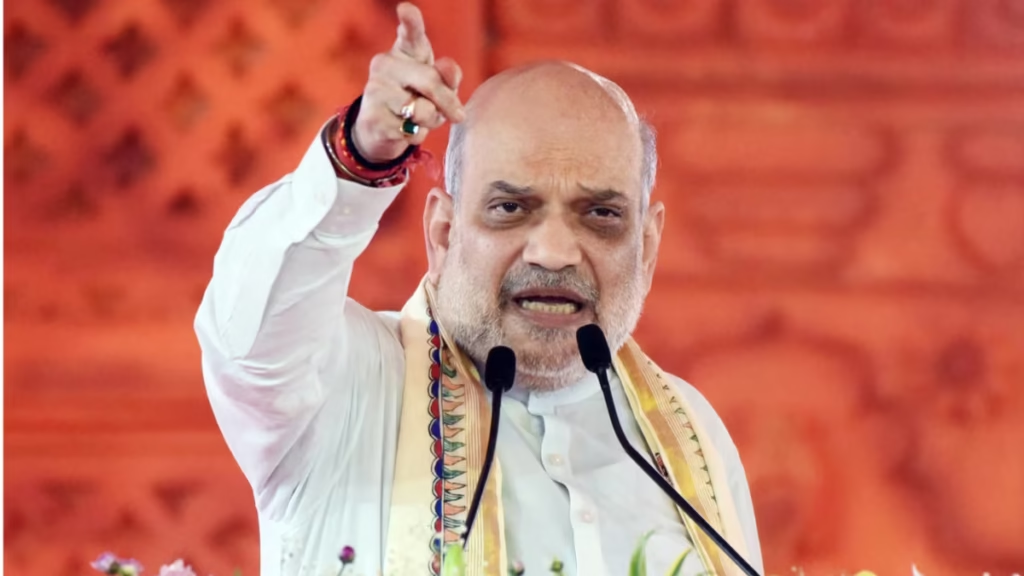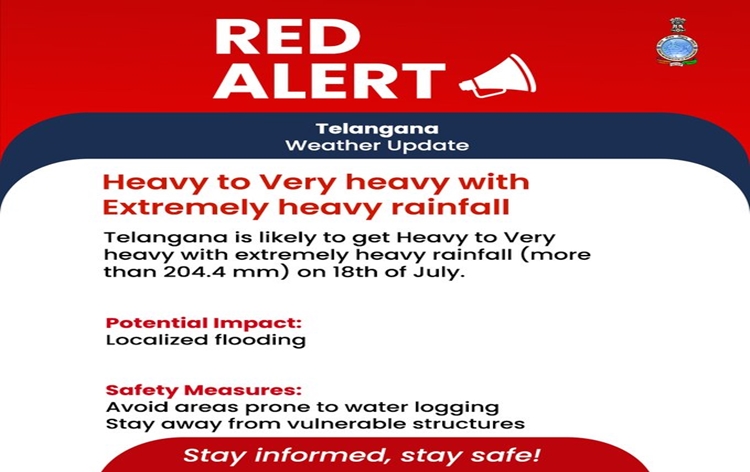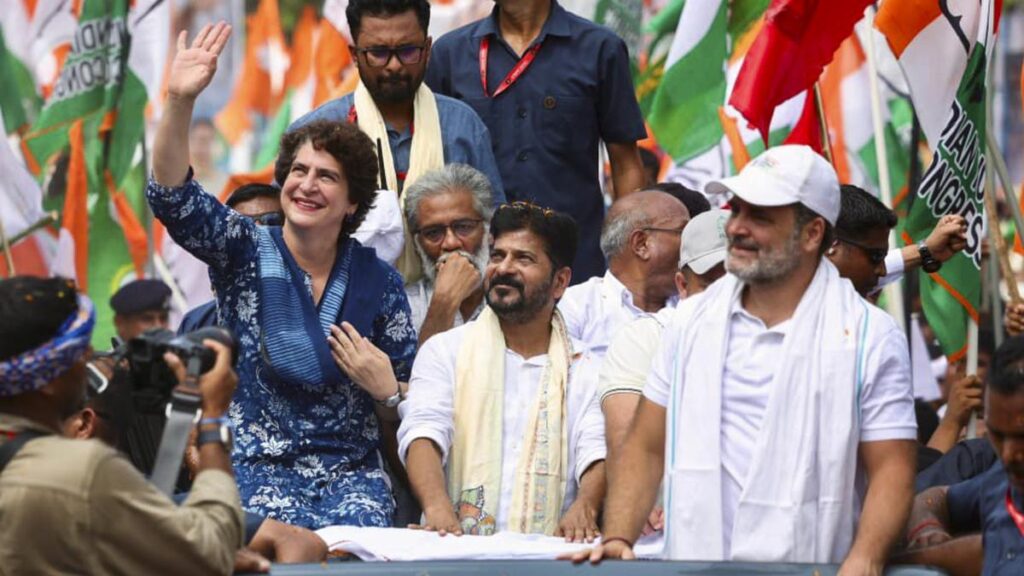Obscene Comments Controversy – Supreme Court Slams YouTuber Allahbadia: Calls His Mind “Filthy” but Could This Spark a Larger Debate on Online Free Speech

The Supreme Court of India recently issued a strong rebuke to YouTuber Ranveer Allahbadia, also known as BeerBiceps, over his alleged obscene comments. Obscene Comments Controversy The court went as far as to call his mindset “filthy“, showing zero tolerance for such content. Furthermore, the court directed the central government to take action, making it clear that if no steps were taken, the judiciary “would not remain silent.“
While this ruling highlights the growing concern over misuse of digital platforms, Obscene Comments Controversy it also raises an important question—where do we draw the line between accountability and free speech in the digital age?
The Controversy: What Led to the Supreme Court’s Intervention?
The controversy erupted after Ranveer Allahbadia, a well-known YouTube content creator, was accused of making obscene and derogatory remarks on his platform. Obscene Comments Controversy The case was brought to the Supreme Court’s attention, where the judges made their stance clear—vulgarity and offensive remarks would not be tolerated.
During the hearing, the court strongly criticized the YouTuber, stating that his “mind is full of filth“, further emphasizing the need for stringent action against such behavior. Obscene Comments Controversy The Supreme Court also urged the Central Government to step in, cautioning that failure to do so would prompt judicial intervention.
The Legal Perspective: Freedom of Speech vs. Responsible Expression
This incident is just one of many recent cases that highlight the complex relationship between free speech and responsible expression online. While freedom of speech is a fundamental right, it does not provide unlimited protection when it comes to offensive or harmful content.
Legal experts argue that:
- Hate speech, obscenity, and derogatory remarks are not protected under Article 19(1)(a) of the Indian Constitution, which guarantees freedom of speech but with reasonable restrictions.
- The IT Act and other cyber laws have provisions that allow authorities to take down content that promotes hate, obscenity, or misinformation.
- Social media platforms like YouTube, Twitter, and Instagram have their own community guidelines that prohibit obscene or offensive content.
However, Obscene Comments Controversy critics argue that government or judicial intervention in such cases could set a dangerous precedent—potentially leading to excessive censorship and restricting creative freedom.
The Bigger Debate: Should Digital Content Creators Be More Accountable?
This case sheds light on a growing concern—the responsibilities of content creators in the digital space. With millions of followers, YouTubers and influencers hold significant influence over public discourse. Their words and actions can have real-world consequences, making ethical responsibility a crucial discussion point.
Many believe that:
- Influencers and YouTubers should be held accountable for the content they create and the messages they spread.
- There should be stricter regulations on digital platforms to prevent the Obscene Comments Controversy spread of hate speech and obscenity.
- Education and awareness programs should be introduced to guide creators on responsible content creation.
On the other hand, some argue that:
- Too much regulation could stifle creativity and discourage open discussions.
- What is considered “obscene” or “offensive” is subjective, making regulation difficult.
- A balance must be found between allowing free speech and preventing harmful content.
The Supreme Court’s Warning to the Government
Perhaps the most striking aspect of this case is the Supreme Court’s warning to the central government. By stating that “if you don’t act, we won’t stay silent,” the judiciary has made it clear Obscene Comments Controversythat they expect strong measures against inappropriate content online.
This statement could lead to:
- Stronger digital content regulations from the government.
- More legal cases against social media influencers who cross ethical boundaries.
- Increased scrutiny on YouTube and other platforms to ensure compliance with content guidelines.
At the same time, it also raises concerns about potential overreach—will this open doors for unjustified censorship in the name of regulation
Conclusion
The YouTuber Allahbadia controversy serves as a wake-up call for digital content creators and regulatory authorities alike. The Supreme Court’s strong stance against obscene content is a reminder that freedom of speech comes with responsibility. However, Obscene Comments Controversy it also raises critical questions about the extent of governmental or judicial intervention in the digital space.
Moving forward, the ideal solution lies in striking a balance:
- Content creators must act responsibly and be mindful of their influence.
- Regulations should focus on preventing harm without curbing genuine creative expression.
- Platforms should strengthen their policies while ensuring fair enforcement without political or ideological bias.
Ultimately, freedom of speech is a fundamental right, but it should be exercised responsibly, ethically, and within reasonable limits.

